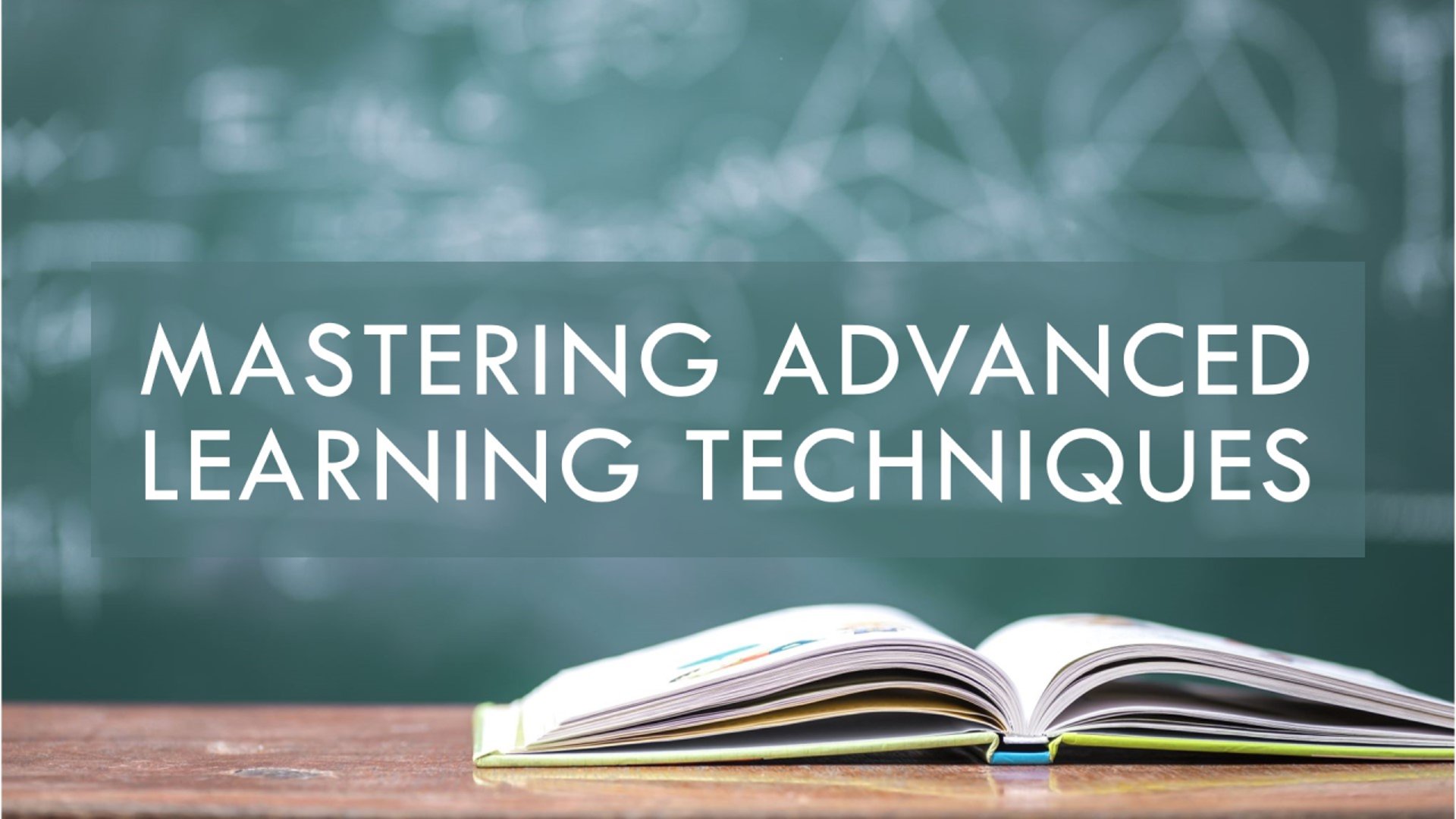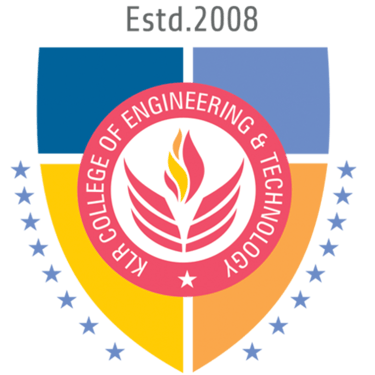
Advanced Learning
The Virtual Labs project, initiated by the Ministry of Human Resource Development (MHRD) under the National Mission on Education through Information and Communication Technology (NMEICT) in India, is a pioneering effort to enhance engineering education by leveraging the potential of virtual experimentation. Coordinated by IIT Delhi and involving twelve participating institutes, this consortium aims to make hands-on experiments accessible to students through online platforms
KLRCET recently initiated to encourage the students towards the utilization of the virtual lab facility and brought awareness on the provided facility by the government of India.
Project Overview:
Virtual Labs provide a dynamic learning environment for engineering subjects, offering experiments designed either as simulations or remote-triggered activities. Currently hosted at vlabs.ac.in, the project boasts around 150 labs and 1500 experiments at various stages of development and deployment.
Simulation-Based Virtual Labs:
In this category, experiments are modeled using mathematical equations, and simulations are executed on high-end servers. Results are then communicated to students over the internet. This approach mimics real-world scenarios, providing a scalable solution that accommodates numerous simultaneous users engaging in experiments in parallel.
Remote Triggered Virtual Labs:
Contrasting with simulations, these labs involve the remote triggering of actual experiments. The experiment’s output is communicated back to students over the internet, offering real-time results. While providing an authentic experience, these labs are less scalable and require booking time slots due to the constraints associated with remote access to physical equipment.
Objectives of the Virtual Labs Project:
1. Remote Access to Labs: The primary objective is to offer remote access to laboratories in various disciplines of Science and Engineering, catering to both undergraduate and postgraduate students. This ensures that students can engage in experiments without being physically present in a traditional lab setting.
2. Stimulating Curiosity and Experimentation:The project aims to ignite students’ curiosity by providing opportunities for hands-on experimentation. Through remote access, students can conduct experiments, fostering a deeper understanding of basic and advanced concepts.
3.Comprehensive Learning Management System: The Virtual Labs project incorporates a complete Learning Management System (LMS) around the virtual experiments. This includes various tools for learning such as web resources, video lectures, animated demonstrations, and self-evaluation modules. This holistic approach enhances the learning experience
4.Sharing of Costly Equipment and Resources: By providing virtual access, the project addresses limitations related to time and geographical distance. It enables the sharing of expensive equipment and resources, democratizing access to high-quality educational materials that might otherwise be available to a limited number of users.
In essence, the Virtual Labs project is a groundbreaking initiative that transforms the landscape of engineering education by providing innovative and accessible learning opportunities. By combining simulations and remote-triggered experiments, it not only bridges the gap between theoretical knowledge and practical application but also facilitates collaborative learning on a national scale. This approach aligns with the broader mission of democratizing education and fostering a culture of curiosity, exploration, and innovation among students in the field of Science and Engineering.
